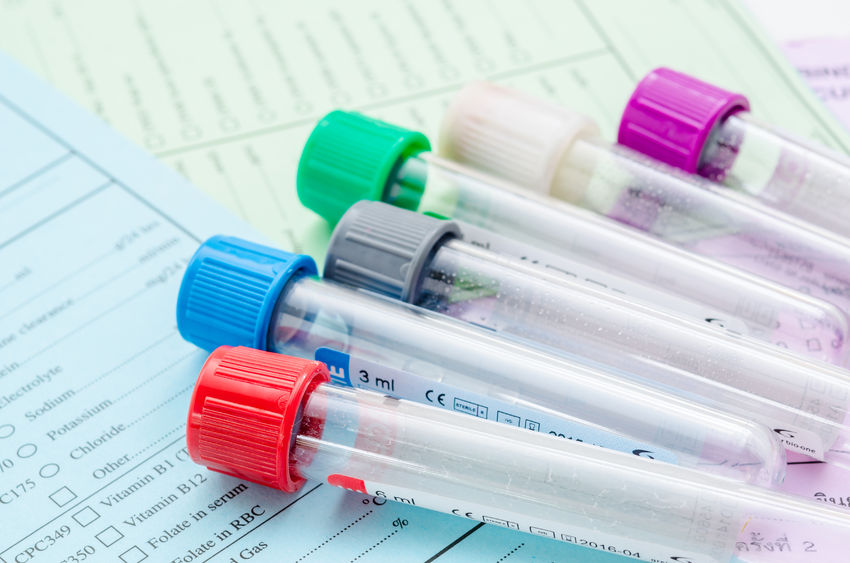
Allergy Weed Panel Screening Radio Immunoabsorbent Skin
What is this test?
This test helps to check whether an individual is allergic to the weeds or not. In this test, a solution containing allergen weed is applied to the skin. Then the applied area of the skin is pricked with a lancet needle.
What are weeds and weed allergy:
Weed is the general term for any plant which is considered as a waste in the farm or undesirable plant in a particular situation. It is a plant in the wrong place. Sometimes, cultivation plants can also become weeds or invasive species if they were cultivated in new climates. Thus the category of weeds is ever changing.
Weeds interfere with a large number of human activities. Weeds compete with crop plants for light, nutrients, and water. So, weed control is very important in agriculture for maintaining good levels of crop production. There are so many types of weeds and these can cause allergies, hay fevers, and several other health problems to both humans and animals. In some cases, these weeds may be poisonous.
Weed allergy is seen in people of all ages. Some of the weeds that cause allergies are cocklebur, goosefoot, common pigweed, mugwort, common ragweed, rapeseed. Cold, cough, runny nose, fever, itchy eyes and ears, watery eyes, sneezing, loss of smell, throat infection, phlegm, headache etc are some of the symptoms of weed allergy. Primarily all the weed allergies are caused by the pollens of the specific plant. So when an individual comes in contact or breathes the pollens of the weed plant an allergic reaction occurs.
Why this test is performed:
This test is performed to check or screen whether an individual is allergic to any of the weeds. The doctor may ask you to undergo this test if you are suffering from weed allergy, headache, vomiting, cold, fever, throat infection, sneezing, redness, itching, cough, runny nose, phlegm, itchy eyes, watery eyes, loss of smell etc.
This test doesn’t confirm the type of weed which is causing allergy. So, to confirm the diagnosis and to check which type of weed is causing allergy, the doctor may recommend you to get a confirmatory weed panel test.
Precautions:
Some medications such as antihistamines may change the test results and hence you are advised to inform all your current medications to the doctor prior to the test.
Test Preparation
Inform your doctor if you are on any medications, have any allergies or underlying medical conditions before your Allergy Weed Panel Screening Radio Immunoabsorbent Skin. Your doctor will give specific instructions depending on your condition on how to prepare for Allergy Weed Panel Screening Radio Immunoabsorbent Skin.
There are no specific preparations required for this test.
Understanding your test results
The test results may be different depending on gender, age, and health conditions. Inform your doctor if you have any other allergies.
Generally, there is no need for medical interventions if test results are normal.
If the test results are negative it may indicate that there are no specific IgE antibodies bound to the surface of the mast cells in the skin and thus doesn’t form a wheal and flare type reaction. So, the individual is not allergic to any of the weeds. Wheal and flare reaction is the swelling and redness of the skin.
In case the test results are positive it may indicate that there are specific IgE antibodies bound to the surface of the mast cells in the skin and forms a wheal-and-flare type reaction on the skin. Wheal with a diameter of 3mm or more is generally considered as a positive result which means the individual is allergic to the weeds.
| Gender | Age groups | Value |
| UNISEX | All age groups | A wheal and flare reaction of atleast 3mm indicates that the patient is allergic to the substance |